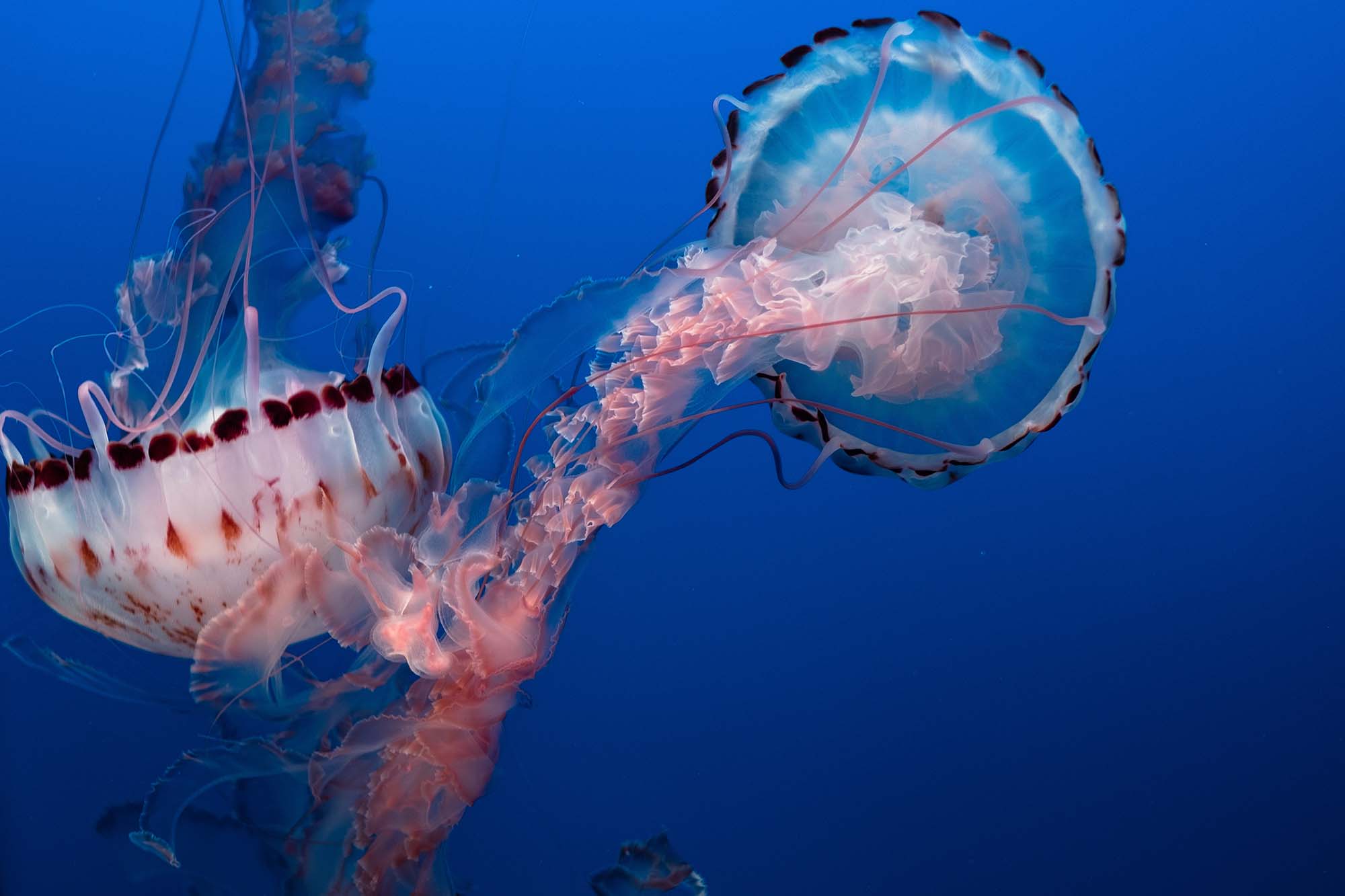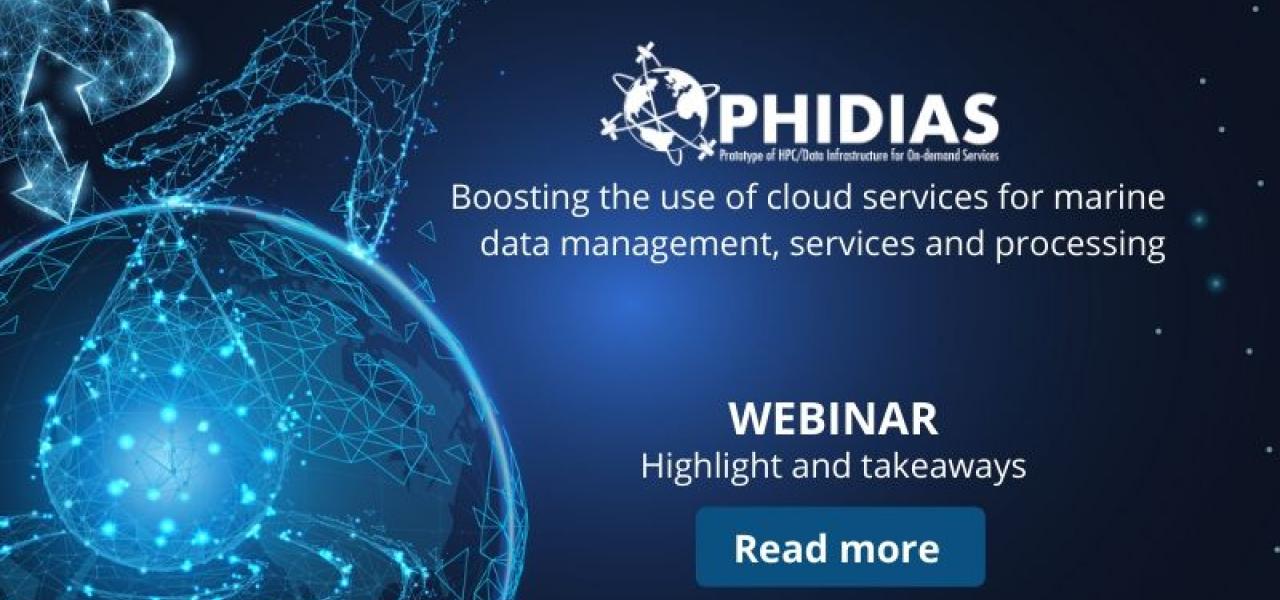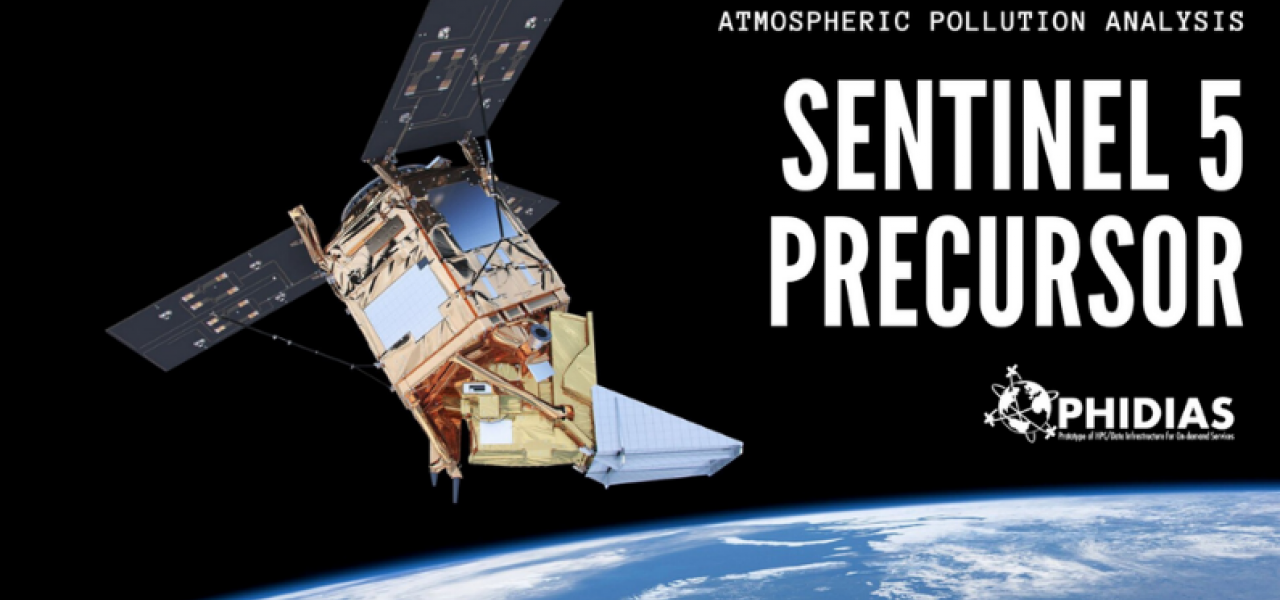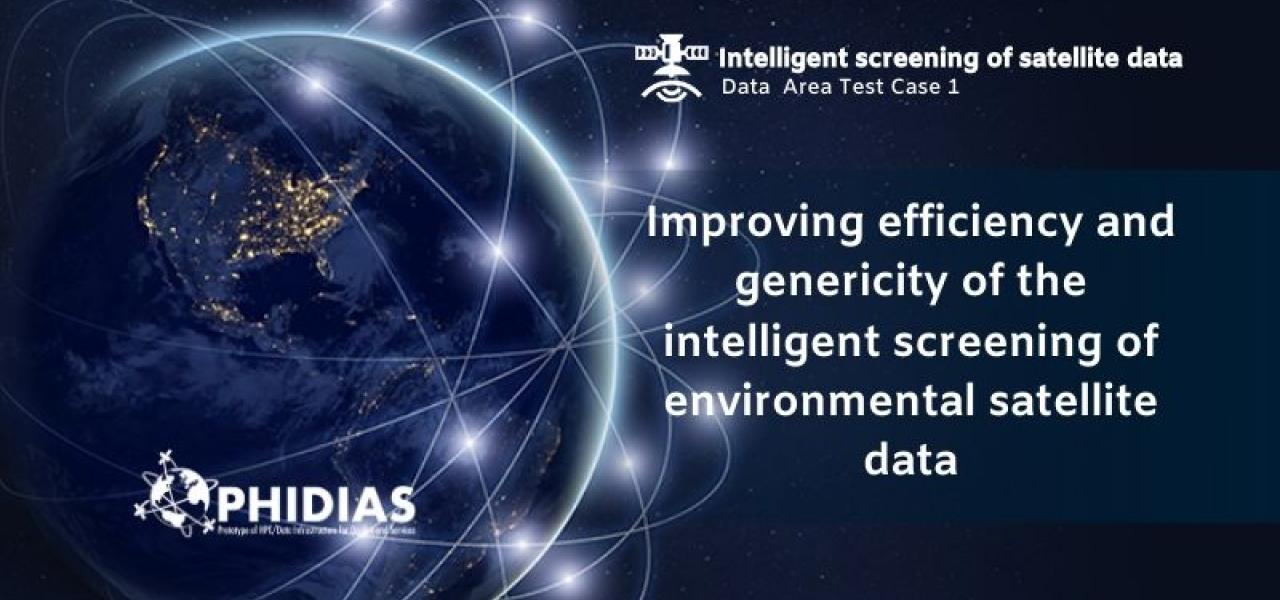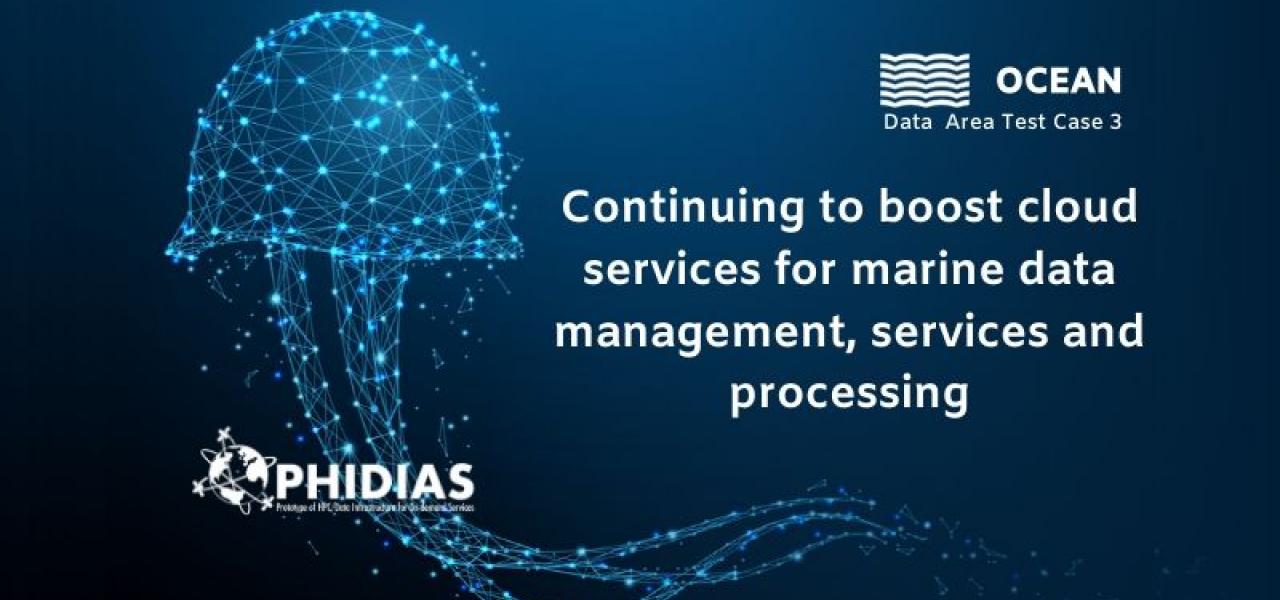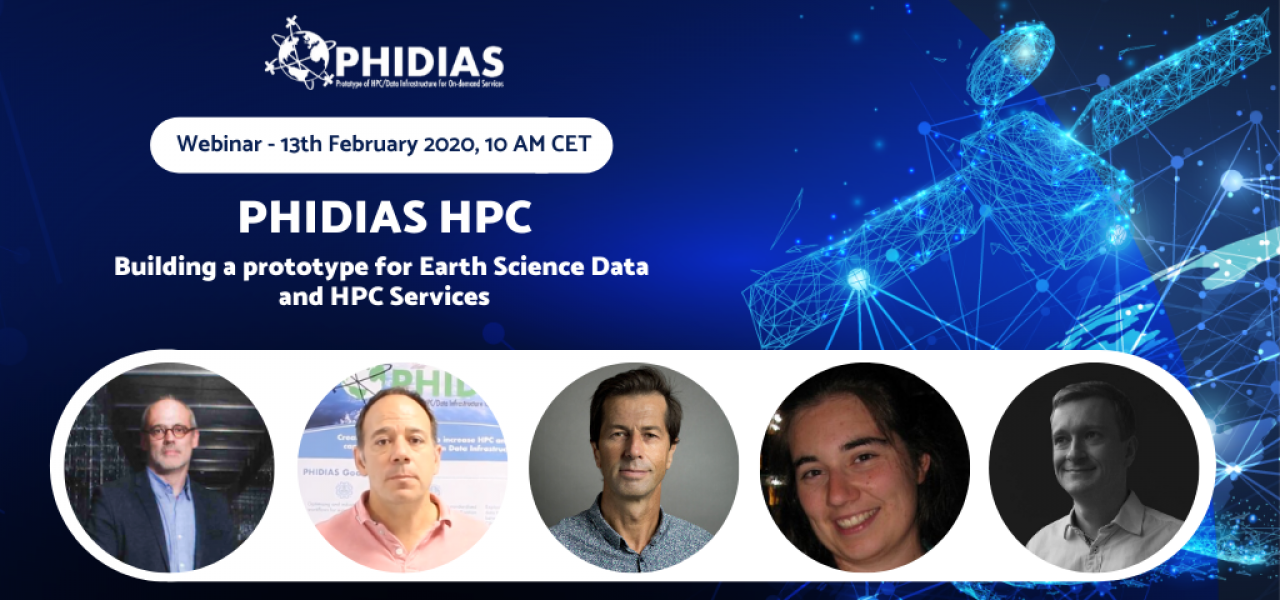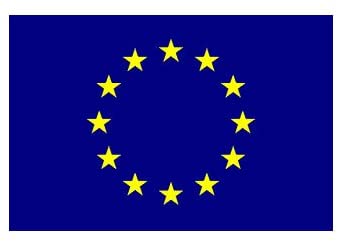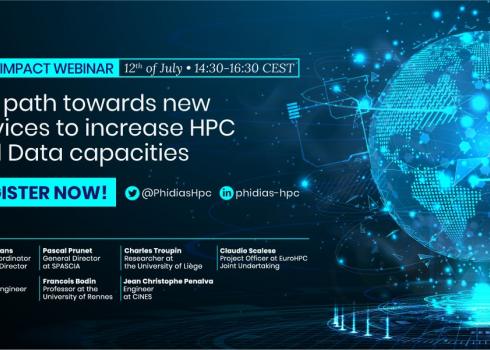The first webinar of the PHIDIAS series of Use Cases took place on 4th of June, addressing the challenges and opportunities of creating a "user to infrastructure" federation of the HPC and data services by building on the pre-existing and emerging European infrastructure landscape.
SPASCIA has taken the opportunity of its current use of Sentinel 5 Precursor (S5P) data and products to analyse the time evolution of atmospheric pollution.
Environmental satellite data are gradually becoming the key pieces of data that, put together, help build an understanding of the changing environment and a new engine of scientific discovery.
Observing the ocean is challenging: missions at sea are costly, different scales of processes interact, and the conditions are constantly changing. This is why scientists say that "a measurement not made today is lost forever".
The first PHIDIAS HPC webinar took place on the 13th of February, in compliance with the scope of the project, which aims to develop a set of interdisciplinary services and tools for Earth Sciences based on HPC.
The PHIDIAS kick-off meeting took place at the CINES premises in Montpellier (France) on 24th and 25th September 2019.


